By: JoAnn Cranson
Are you like me and getting a good night’s sleep can be a challenge? “Why can’t I sleep like I did as a teenager?”
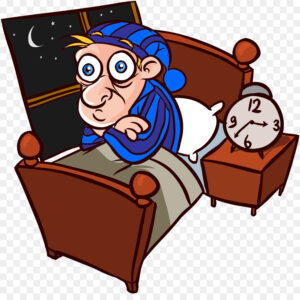 As we age we produce less of a growth hormone which allows us to not get into as long, deep sleep like when we were young. With this in mind, there are a number of things we can do to set us up for better sleep:
As we age we produce less of a growth hormone which allows us to not get into as long, deep sleep like when we were young. With this in mind, there are a number of things we can do to set us up for better sleep:
- Limit caffeine. Everyone is different, but I find I can’t have caffeine after 2 pm. (The half-life of caffeine is around 5 hours.” Meaning if you took in 200mg of caffeine, after roughly 5hrs, half of that (100g) will have been excreted. But some people metabolize caffeinefaster or slower than others!)
- Keep a bedtime schedule as consistent as possible. This helps our bodies to know when to start slowing down and when to start waking up.
- Your bedroom should be dark and cool for better sleeping. Consider using a sound machine.
- Really do your best to reduce your stress and try to slow your brain down when it gets close to bedtime.
- Stop screen time at minimum an hour before you want to go to sleep. Even if you use blue-light glasses, it doesn’t matter.
- Don’t drink alcohol before bed. You may feel like this helps you fall asleep but it hinders good sleep throughout the night.
- Stop eating 2-3 hours before bedtime.
- Make sure you are hydrated before going to bed.
- Some medications are prone to interrupt your sleep.
- Exercise during the day has shown to help you sleep, but not right before going to bed.
- Lower light levels about an hour before bedtime. Make sure to get natural light in the mornings. This helps regulate your body.
- Magnesium – I take 30 minutes before bed. I take Magnesium as di-magnesium malate, magnesium citrate and magnesium glycinate blend to get all the different benefits. 7 out of 10 adults are deficient in Magnesium!
In training, it seems like we are so focused on our workouts, racing and nutrition we forget how essential sleep is for our recovery and overall health. We need 7-9 hours of sleep a night. Not getting enough quality sleep raises the risk of many diseases and disorders. These range from heart disease and stroke to obesity and dementia. Sleep prepares your brain to learn, remember and create. As you sleep you can reduce inflammation, pain and increase metabolism. According to the National Institute of Health “The brain has a drainage system that removes toxins during sleep”.
There has been MUCH emerging work in the form of pre-eminent sleep and the impact on our lives. Researcher and author Matthew Walker has a lot of good information. Click on this link to listen to one of his talks.
It is important to understand the 4 stages of Sleep to help us realize we need all these stages each night. Here is a link to a great article from VeryWellHealth by Kendra Cherry.
Are we choosing to get less sleep because we go to bed later and get up at 4:30 am to workout with only 5-6 hours sleep? If this is the norm for you, you may want to reconsider.
With all these things in mind, we need to prioritize our sleep. It is a choice to be intentional about setting ourselves up for a good night’s sleep. For me, some nights I win and some nights I lose.
The post Where Oh Where Has My Sleep Gone? appeared first on Team Athletic Mentors.
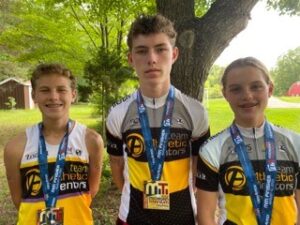
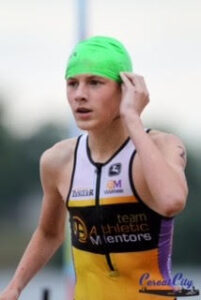



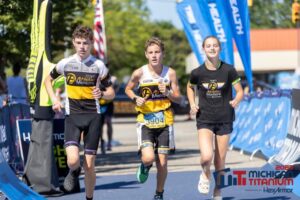
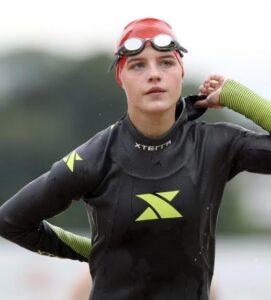
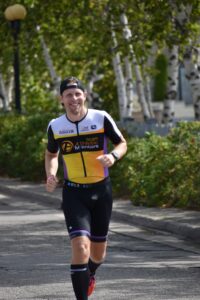
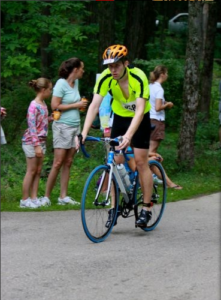
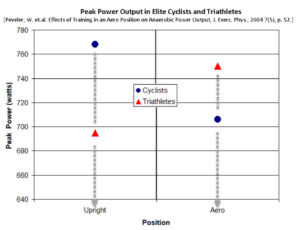
 Athletic Mentors
Athletic Mentors